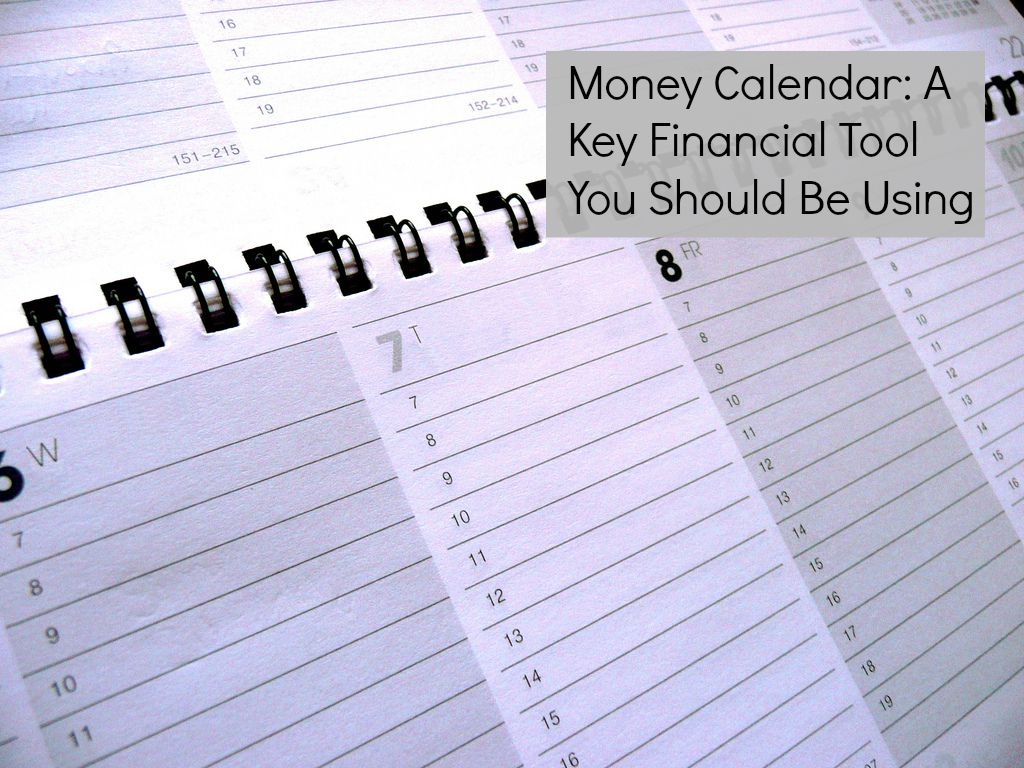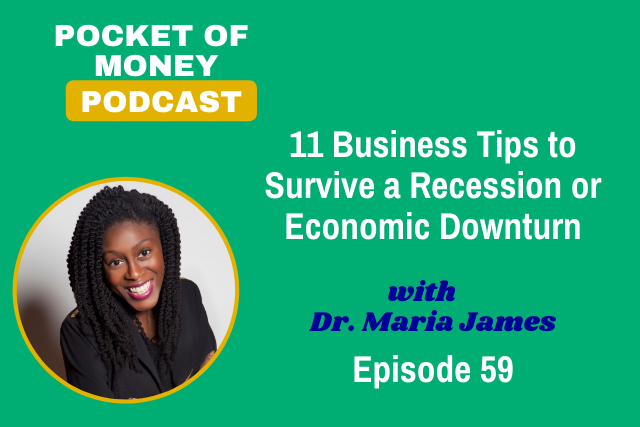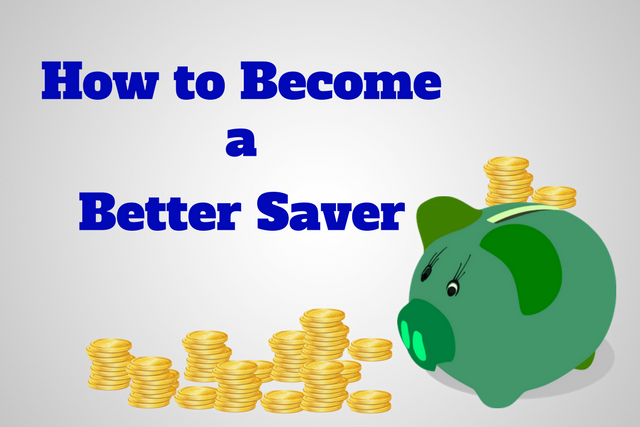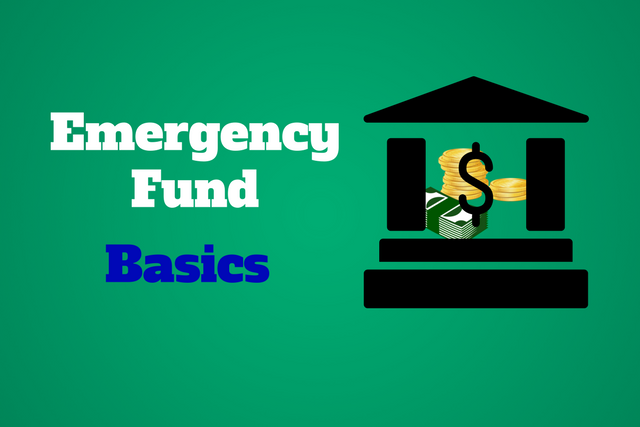Money Calendar: A Key Financial Tool You Should Be Using
What’s a money calendar? Never heard of this financial tool? Let’s start here. Have you ever said … “I just need a way to get a handle on all my bills. It’s not that I didn’t have the money I just forgot about it. I thought it was due next week.” These are statements I often hear from clients and readers about their bills and paying bills. They accounted for the bills in the budget that’s not the issue. They just don’t have a great handle on remembering when the bills are due. There’s a financial tool you can use to resolve this issue and more: a money calendar.
A money calendar is where you visually list out what payments are going out when. It’s a very useful tool for professionals and entrepreneurs. Have you ever been considering a purchase and trying to think of which bills are still due to come out? Trying to determine if you have the money? Online software tells you how much is left in a budget category and in your bank account but it doesn’t let you see when the other items you budgeted for are due and when those amounts will come out of your account. This is why the money calendar is so useful.
Here’s what goes on a money calendar:
1) Household Bills
Put the name of the expense and the amount of the day that it is due. For example, if the mortgage/rent is due on the first then write it on the calendar on the first or the day that you usually make your payment. If you pay the bill five days in advance then instead of writing it on the first, write it on the 25th. Do this for all fixed expenses (expenses that are always the same amount), even the ones that are automated. You want a clear picture of what is going out on what date.
2) Scheduled non-fixed or irregular expenses
Sometimes you have a scheduled shopping trip or know exactly when you’ll need to buy a ticket or gift for an event. Put the budgeted amount on the calendar. This is money that you know will be going out and when it will be spent so account for it on the calendar.
3) Large requests for payment
If you have large payments expected in your accounts receivables (money that you’re owed) then put the account name and amount on your money calendar. This lets you see at a glance when you expect the payment and the relation to when the other expenses are going out.
4) Large vendor invoices
You may have some large invoices in accounts payable (money you owe) that are outside of monthly expenses or that vary month to month. Place these on the money calendar as well. Again you want to see at a glance the relation between money going in and money going out during the month.
The amounts and bills you place on your money calendar are located in your household budget and business budget and other financial reports. However, displaying them on the money calendar is helpful as you will have an easily accessible visual on hand. I find this comes in handy when making decisions. As an entrepreneur this information can be found in your income statement and cash flow report, but the money calendar gives you a visual representation and places them in relation to your other activities at a glance.
If you want to use the money calendar as a tracker you can also add the balance of debts. You can then easily see when they will be paid off.
Setting up your money calendar:
I like being able to access things from anywhere so I use my Google calendar. As an entrepreneur I also like to see how my activities and events coincide or relate to the cash flow and bills. I can see the amount of money going out and the events on the calendar that is supposed to result in revenue. If I don’t have enough money generating activities on the calendar then this is an issue. Time to change the calendar.
If you use an online calendar such as Google calendar, I suggest adding the item as an all day task, but mark it as available not busy. Also change the color of the event to a color you’ve designated for the money calendar items. You can do this in settings.
You can use pen paper. If you don’t really use an online calendar add it to the wall calendar. Hang it up somewhere visible or place it in a place where you can see it regularly. It won’t serve you if you take the time and energy to create it and never look at it. Set it up where you’re going to look at it and use it to stay on track.







Thanks Maria!
I have considered using a calendar to give more structure for my spending and saving and this will be a helpful starting point for me. Hope all is well with you
Cheers,
Vanessa Smith
Hi Vanessa! I’m great. Yes, I find the money calendar helps me stay on track. I can’t wait to hear how you like it.